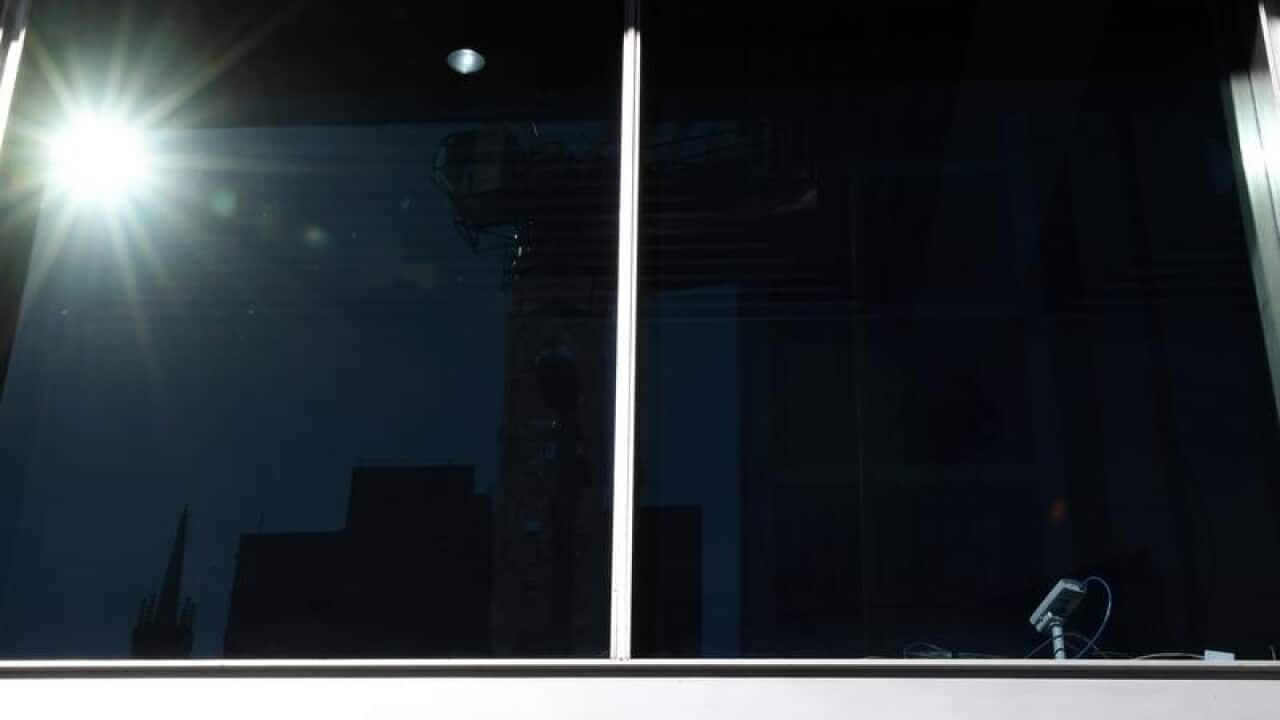Prime Minister Malcolm Turnbull reckons his long-awaited national energy plan is a "game changer" that will see household power bills cut by up to an average $115 a year.
Whether the prospect of a cut of just two dollars a week between 2020 and 2030 will be enough to provide a sustained lift in consumer confidence seems unlikely.
The issue of rising energy costs has been a constant niggle among Australians for some time.
But Treasurer Scott Morrison is confident the government's new national energy guarantee will give Australians what they are asking for.
"Reliable energy at a lower cost that keeps our environmental obligations," he told parliament.
The latest ANZ-Roy Morgan consumer confidence index - calculated before the government's energy package was announced on Tuesday - dropped 1.2 per cent in the past week to its lowest level in level in just over a month.
The index provides a pointer to future household spending.
ANZ head of Australian economic David Plank said the index had ebbed and flowed around its long-run average for some months.
"There is no doubt that current household conditions remain stretched due to high debt levels and slow wage growth," he said.
One hurdle to confidence in the immediate future will be Thursday's labour force figures, which Mr Plank believes risks being a weak result after the sustained strength of recent months.
"Negative media headlines may dampen consumer sentiment somewhat," he said.
However, the Reserve Bank is confident of above-average employment growth over the remainder of 2017 based on job advertisements, vacancies and hiring intentions data.
The minutes of the central bank's October 3 board meeting say the prospective strength in employment growth was expected to support household spending in the period ahead.
"Although slow growth in real wages and high levels of household debt were likely to be constraining influences," the minutes say.
Wage growth was expected to increase gradually as spare capacity in the labour market diminished and in turn expected to contribute to a gradual rise in inflation over time.
However, the appreciation of the Australian dollar since mid-2017, partly reflecting a lower US dollar, was expected to contribute to ongoing subdued price pressures.
"A material further appreciation of the exchange rate would be expected to result in a slower pick-up in economic activity and inflation than currently forecast," the minutes warn.
Commonwealth Bank economist Gareth Aird said the tone of the minutes suggest a rise in the official cash rate is still some way off.
"We continue to see the RBA on hold until well into 2018 despite the ongoing improvement in the labour market," he said.

